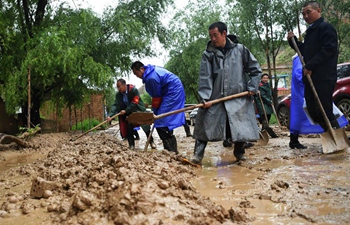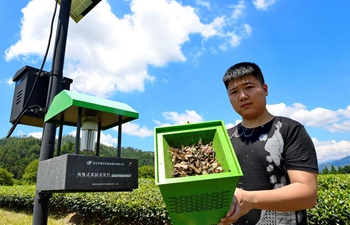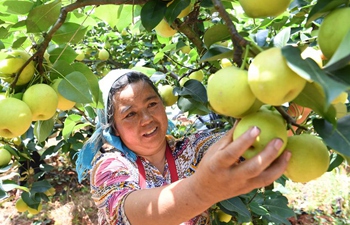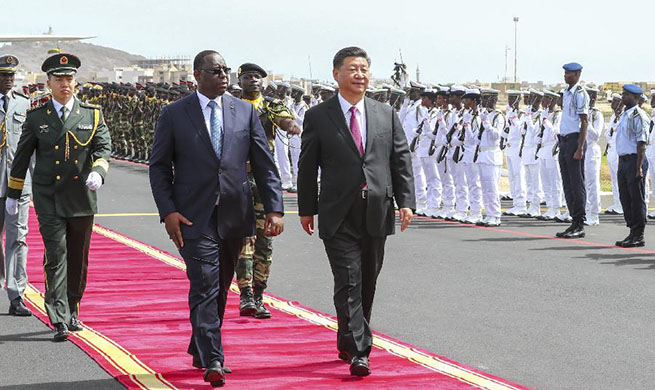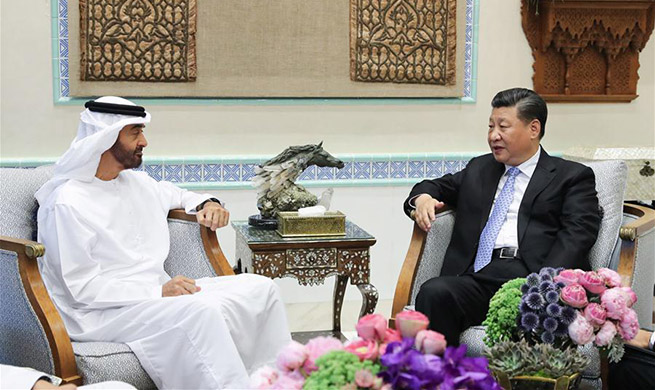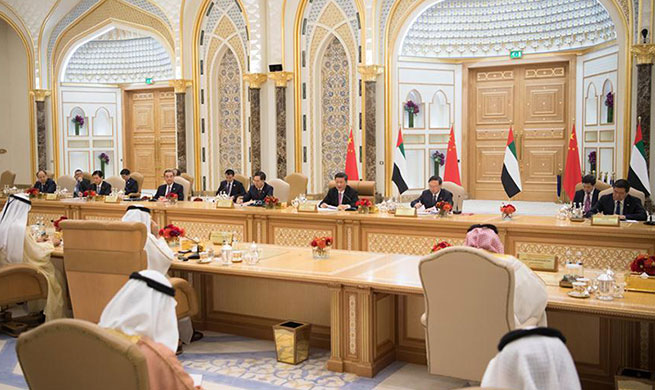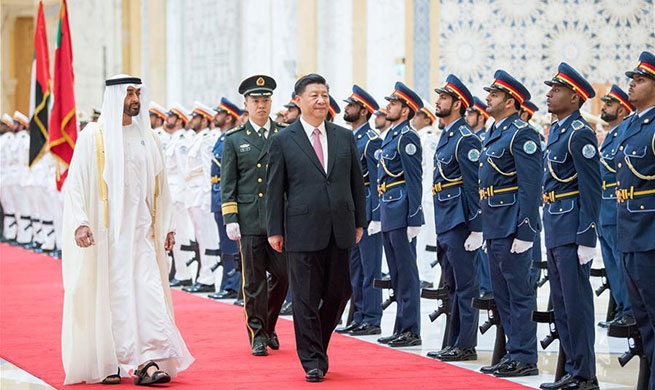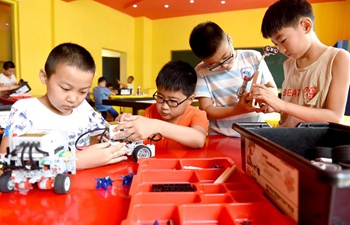DAR ES SALAAM, July 20 (Xinhua) -- The World Health Organization (WHO) on Friday donated medicine, equipment and test kits worth 2.4 million U.S. dollars to Tanzania to help the east African nation control infectious diseases, including Ebola.
Adiele Onyenze, WHO Country Representative for Tanzania, said the donation was a continued commitment to the important goals of the government towards achieving the much marginalized communities to relieve their suffering from excruciating diseases.
Donated items included scanners, medicines, disposable bags, personal protective gears, water guard tablets, safety boots and standard surgical gowns.
Speaking at an event to hand over the donation to the government in the commercial capital Dar es Salaam, Onyenze said the kits were intended at ensuring safety from viral diseases such as Ebola while at the same time addressing emergency preparedness and response for such diseases like plague and influenza.
"The kits will contribute significantly to the government's efforts to tackle cholera, malaria and ensure there is monitoring of anti-microbial resistance," he said.
Onyenze said regarding Ebola preparedness efforts, WHO had continued to build the capacity of neighbouring countries in preventing the recently reported outbreak of the viral disease in the Democratic Republic of Congo.
"Early detection is a crucial pillar for controlling and containing the disease in the country," he said.
He praised Tanzania for making significant efforts towards strengthening its preparedness for the control of Ebola.
With regard to malaria control and elimination, he said there had been a steady reduction of reported malaria cases in endemic regions across the country.
Onyenze added that there had also been improvements in the use of long lasting insecticides treated nets as well as the use of malaria rapid diagnostic tests.
"One of the biggest threats overshadowing malaria control and elimination in recent years is anti-malarial drug resistance," he said.
Mpoki Ulisubisya, the Permanent Secretary in the Ministry of Health, acknowledged the WHO support saying it will help to compliment the availability of drugs and hospital kits in hospitals.





